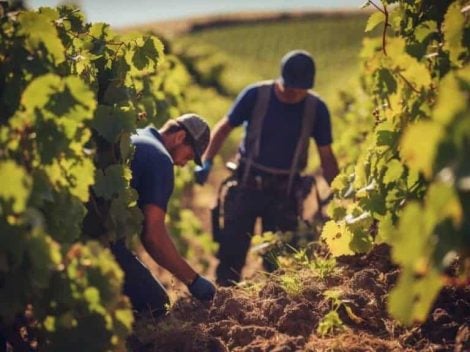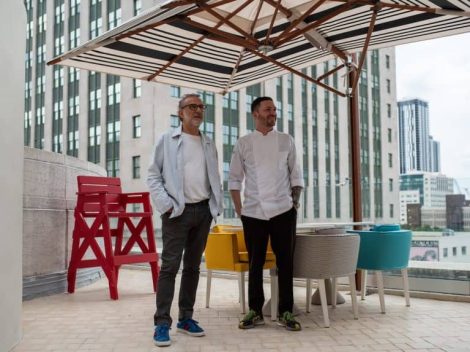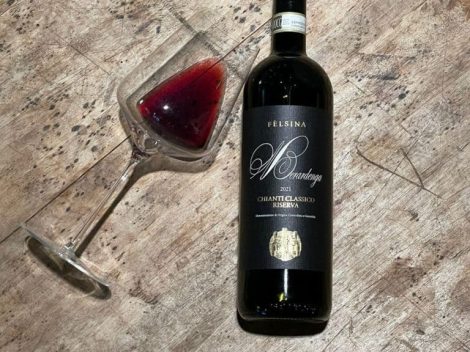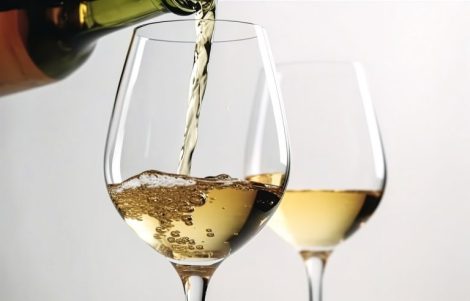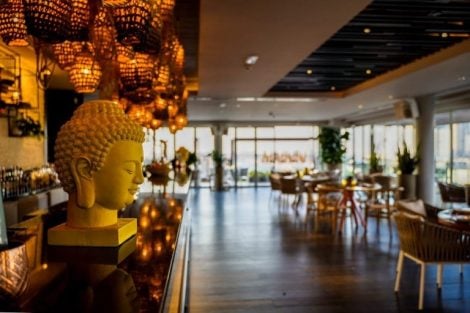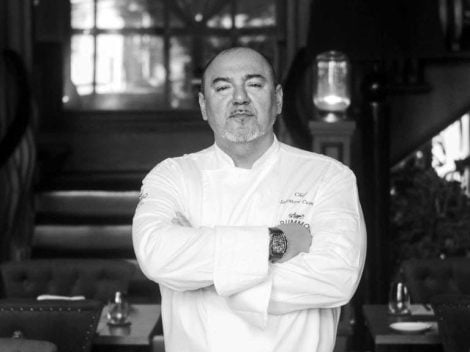"We have reached the fifth generation, after a journey that began in the early years of 1817, as evidenced by a container marked by the Papal State, which represented the unit of measurement for selling the oil produced by my family." The passion Francesco Gradassi has always put into developing his olive-growing company and mill did not come by chance but is the result of a family history that found fertile ground in one of the world's most prestigious areas for the quality of olive oil production and agronomic and olive research. We were told how the company evolved over these two centuries of history, reaching excellence and winning numerous awards, including "miglior Biologico" ("Best Organic") in the 2024 Oli d'Italia guide for the Affiorante Monocultivar Moraiolo Bio label.
The company's journey from the 20th century to today
By the early 20th century, Domenico Gradassi had established a profitable trade of oil in demijohns with northern Italy, but the qualitative turning point came with his son Ettore, the current owner's father, around the 1960s. "The real commercial development, however, only happened in the 1990s, when I started, along with my father, to introduce our Marfuga extra virgin olive oil to the most important gastronomy stores in Italy and major stores worldwide," Francesco tells us. During that period, meetings like these were often not planned as they are today but were much more "direct" with buyers: "All this happened in a historical period when there was no internet, and we met potential clients directly in the luxurious gastronomies of the most important Italian cities," he adds.
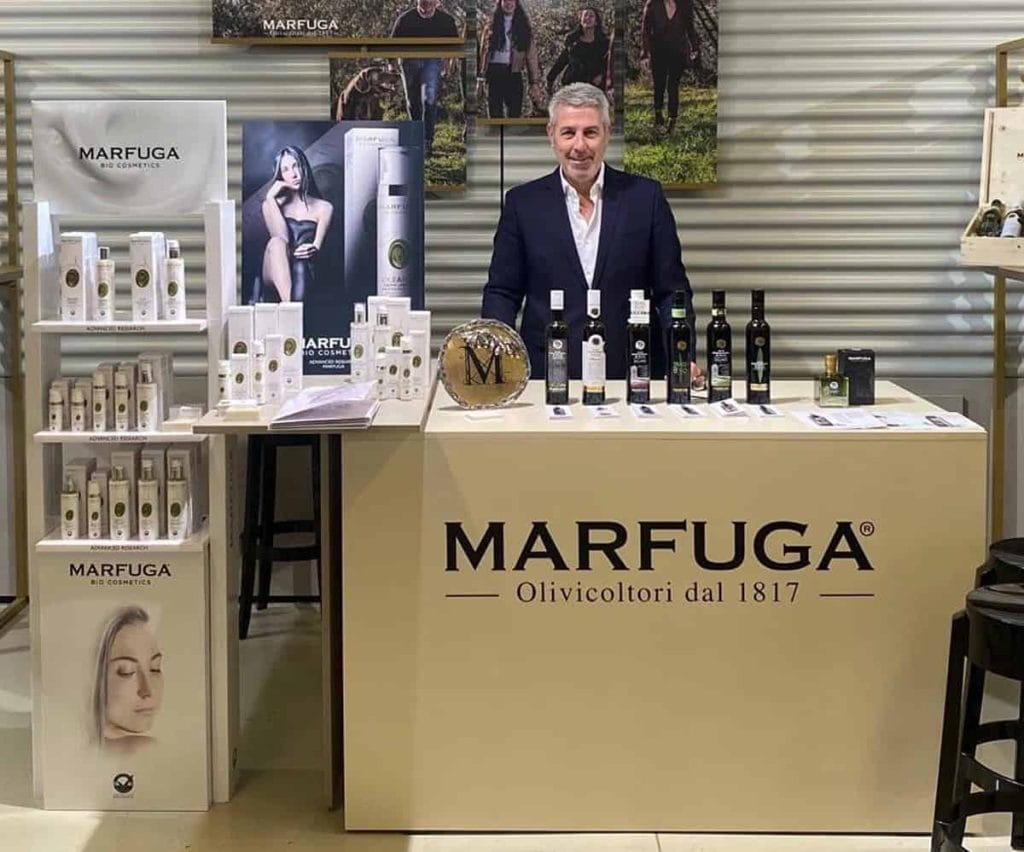
Meticulous attention to sales
The company's journey involved continuous developments in both technological innovations in the mill and the commercial aspect, which the owner has never sidelined. Today, the Marfuga brand is present in over a thousand sales points in Italy, and the oil is exported to over 25 countries worldwide. Additionally, there are four Marfuga branded stores spread between Umbria and Tuscany. This success is the result of sacrifices and difficult choices, like when Ettore Gradassi met the owner of a famous wine shop on Via Solferino in Milan at the end of the 1990s: "It was our second visit and was meant to check how much oil he had sold throughout the year from our first supply of about 12 bottles of 0.75 litres," Francesco recalls. "The manager explained rigorously that only four bottles had been sold. Without hesitation and to the astonishment of the distinguished owner, my father wanted and got back all the unsold bottles, fully refunding the invoice amount. Initially, there was a moment of hesitation, but then it ended with a handshake. From that day on, this beautiful wine shop became one of our most important clients in Milan."
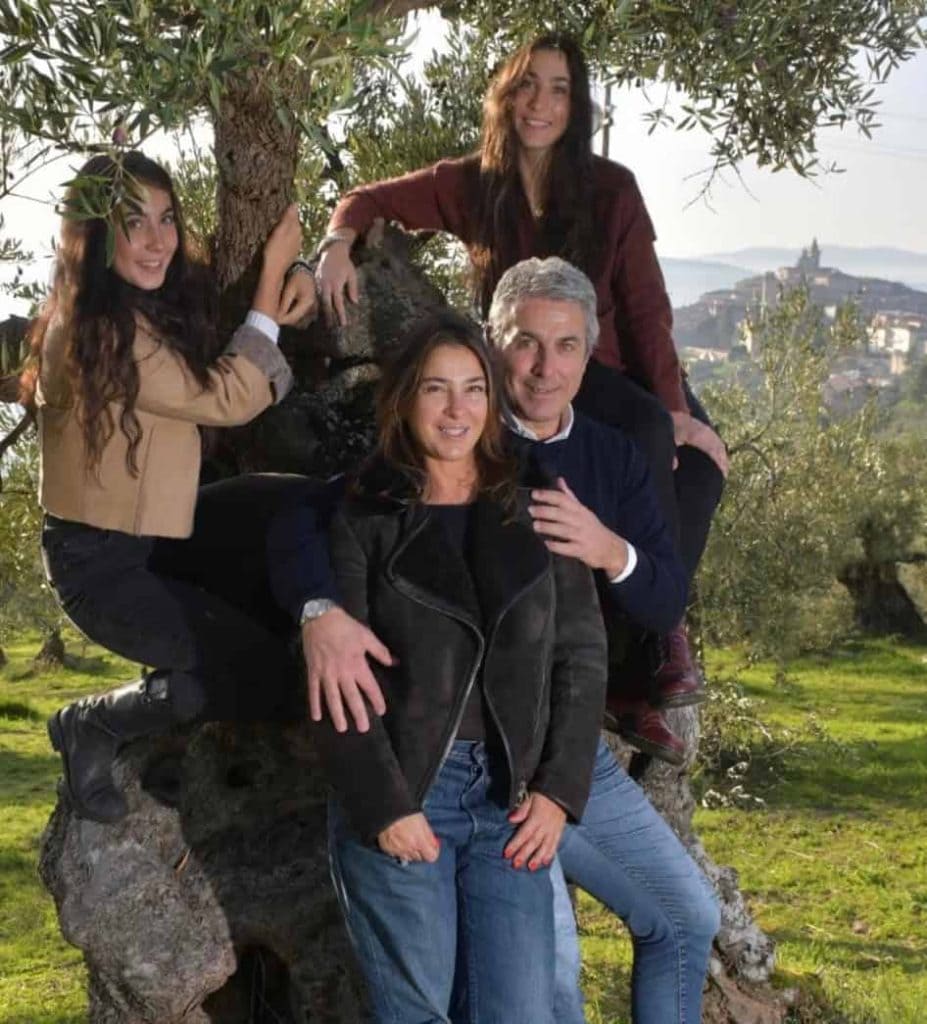
The future of Marfuga
Today, Marfuga covers 40 hectares of olive groves, spread across the hills of Campello sul Clitunno, Spoleto, and Trevi, totaling 16,000 trees. Like any company keeping up with the times, Marfuga has never stopped looking ahead, and the owner has clear ideas about the future: "Future projects involve digitalization and technological innovation, as well as traditional olive tree planting and new olive groves that will allow us more consistent production." However, as Francesco emphasizes, this vision cannot exclude the next generation taking over the company: "This is a noble profession that we are obliged to preserve and pass on. The desire is to bring my two daughters, Ginevra and Elettra, into the company in the near future."

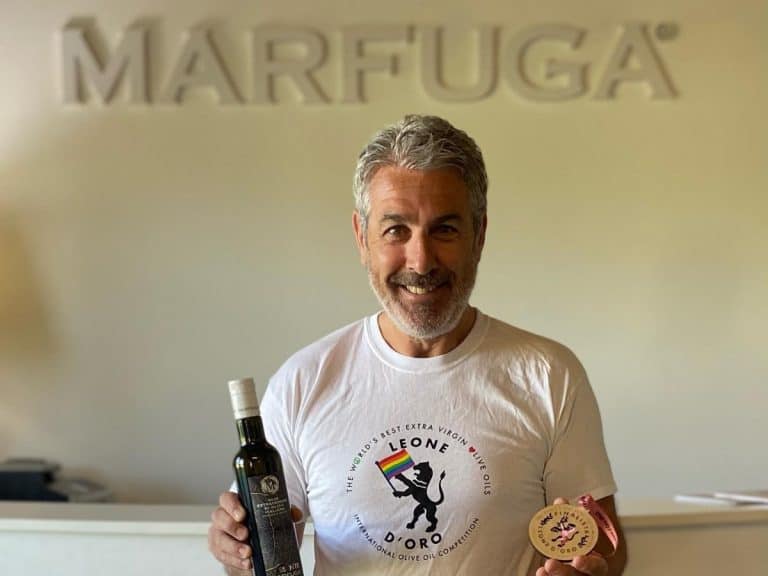
 Women are the best sommeliers. Here are the scientific studies
Women are the best sommeliers. Here are the scientific studies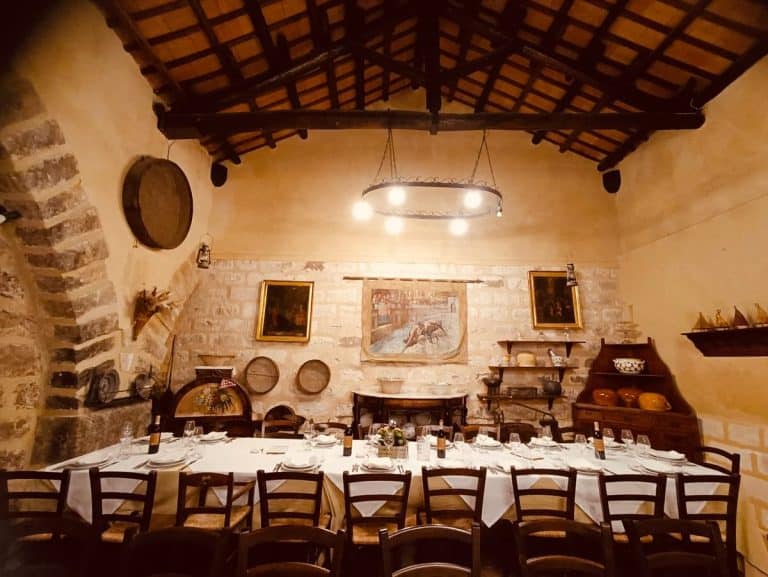 Where to eat at a farm stay in Sicily: the best addresses in the Provinces of Trapani, Palermo, and Agrigento
Where to eat at a farm stay in Sicily: the best addresses in the Provinces of Trapani, Palermo, and Agrigento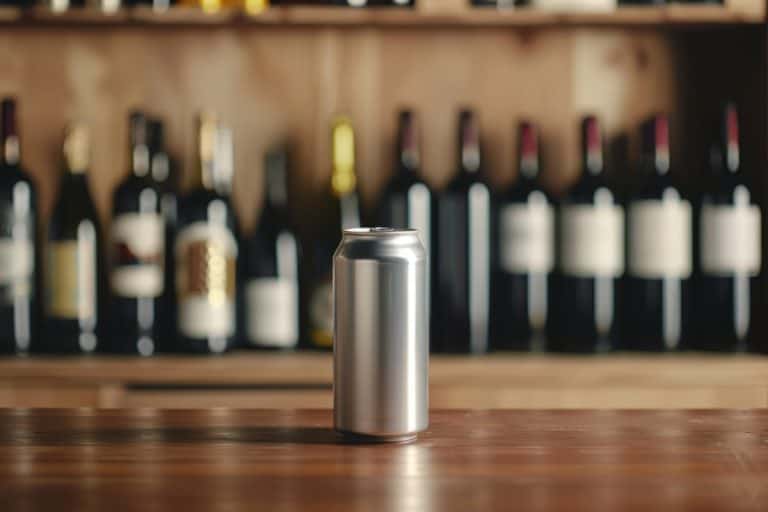 Wine in cans, bottle-fermented, and alcohol free: the unstoppable change in Gen Z’s tastes
Wine in cans, bottle-fermented, and alcohol free: the unstoppable change in Gen Z’s tastes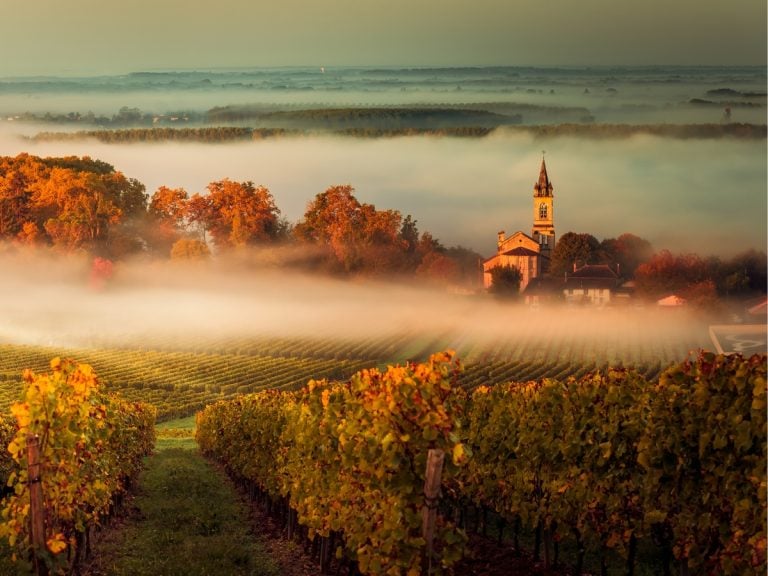 The great Bordeaux exodus of Chinese entrepreneurs: around fifty Châteaux up for sale
The great Bordeaux exodus of Chinese entrepreneurs: around fifty Châteaux up for sale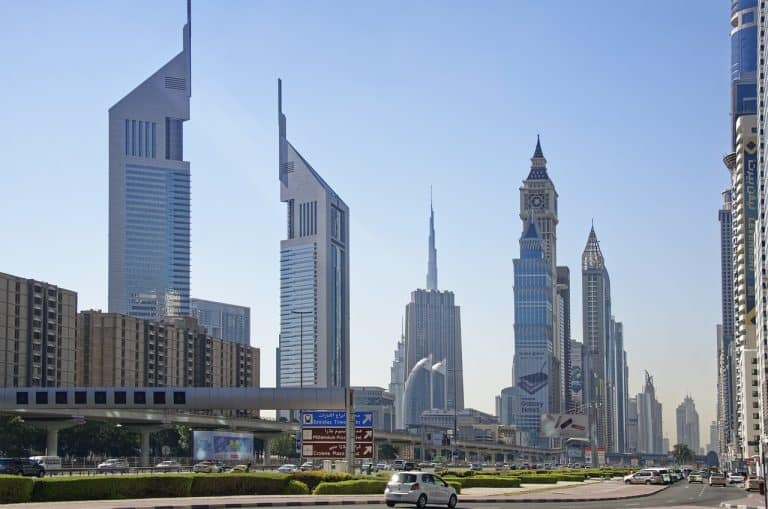 Dubai speaks Italian: a journey through the Emirate's best Italian restaurants
Dubai speaks Italian: a journey through the Emirate's best Italian restaurants